Al-Ramahi, now in the spotlight due to the scandal involving the antisemitic, pro-Palestinian rap group Kneecap banned from Hungary, spoke in a past interview in strong support of migration policies that have been widely criticized for causing crime waves. He indicated that Hungary, in his view, should also open its doors to migrants. The Arab businessman further praised Germany’s migration model, saying the country was right to let in millions of immigrants:
Germany has seen good results by accepting one million people. The state invested a lot into bringing them in, educating and training them. Tax revenues increased because more people were in jobs. The budget deficit went down. Now they’re considering needing three million more. I’m not saying migration is the only right path, but every country is trying to find a solution. Hungary doesn’t want mass immigration. But then what’s the solution? Even with Hungary's increased minimum wage, Western salaries are still much higher.
Was Al-Ramahi Behind Sziget’s Push for the Kneecap Concert?
Al-Ramahi’s name began circulating in the Hungarian press after speculation arose that he may have influenced the Sziget Festival organizers’ insistence on holding a Kneecap concert in Budapest — despite the group being banned from the country due to antisemitism, pro-Palestinian activism, and public praise for Hezbollah. The media has linked this to the good relationship between Al-Ramahi and Sziget founder Karoly Gerendai, especially since Al-Ramahi is widely known to support the Palestinian cause.
The Jordanian-born businessman, who became a billionaire in Hungary during the 1990s, even attempted to organize a pro-Palestinian demonstration in Budapest, which was ultimately not permitted by the police.
Gerendai, however, says that there is no basis for any of this in reality.
Gerendai denies any business ties with Al-Ramahi, although it is a fact that his restaurant, Costes Downtown, operates within Al-Ramahi’s hotel, the Prestige Hotel.






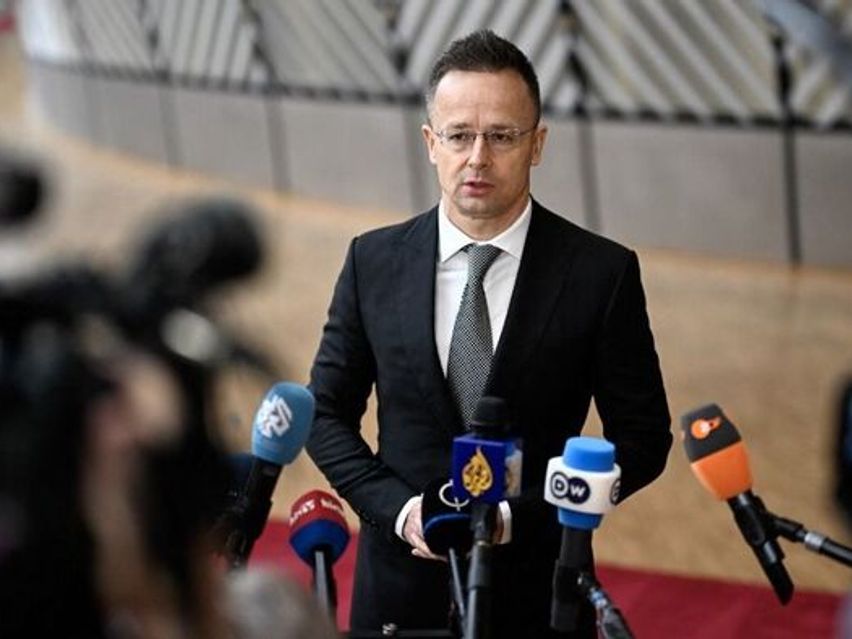





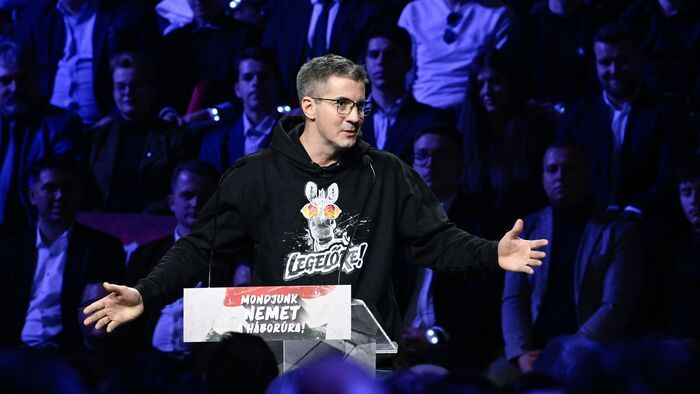


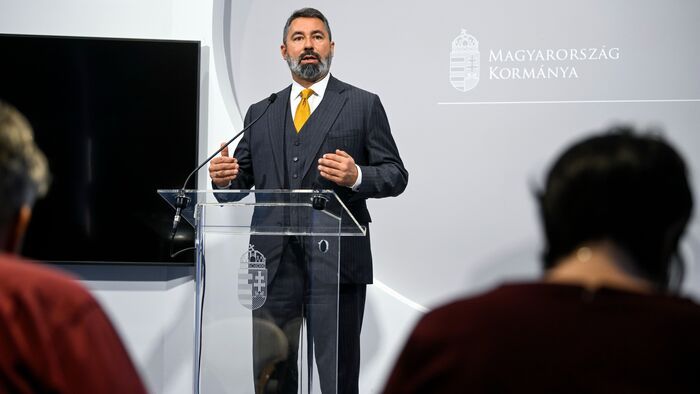
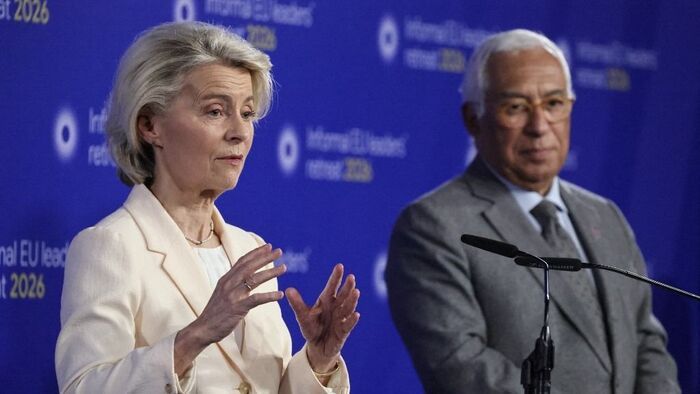
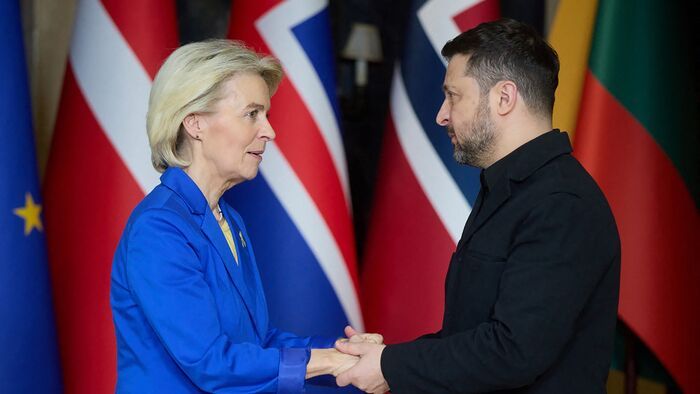



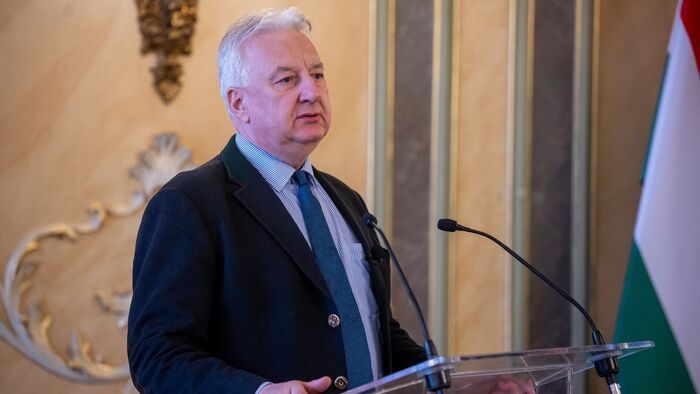

Szóljon hozzá!
Jelenleg csak a hozzászólások egy kis részét látja. Hozzászóláshoz és a további kommentek megtekintéséhez lépjen be, vagy regisztráljon!